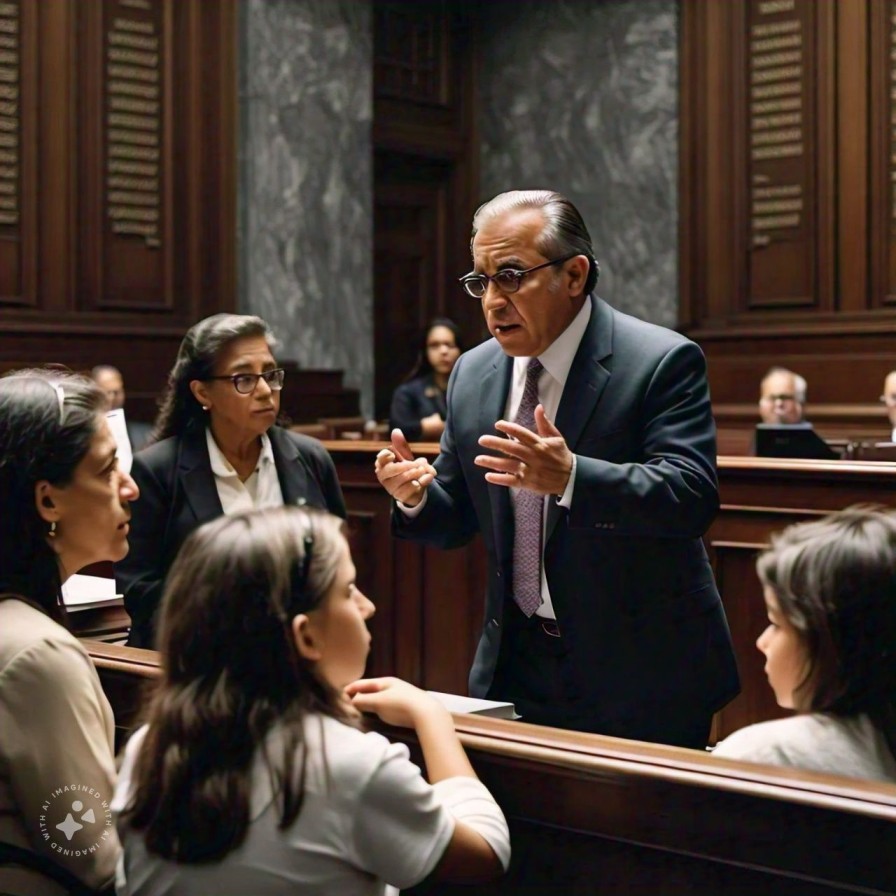न्यायानिर्णय Judgement
आरोपी फिर्यादी मध्ये तोड-जोड झाली म्हणून pocso cases सहज निकाली काढता येत नाही.) (Supreme Court of India: POCSO Cases Cannot Be Quashed Based on Settlements.)
Supreme Court of India: POCSO Cases Cannot Be Quashed Based on Settlements..
- In a significant ruling, the Supreme Court of India has declared that High Courts cannot dismiss cases under the Protection of Children from Sexual Offences (POCSO) Act based on settlements between the accused and the victim.
- The Supreme Court overturned a Calcutta High Court decision that had acquitted an accused in a POCSO case, stressing the importance of enforcing laws designed to protect victims.
The case, identified as Criminal Appeal No. 1451 of 2024, was brought by the State of West Bengal, challenging a Calcutta High Court judgment dated October 18, 2023. The High Court had acquitted a man who had previously been convicted by a Special POCSO Court for crimes under Section 6 of the POCSO Act and Sections 363, 366, and 376(2)(n) and (3) of the Indian Penal Code (IPC).
- The incident involved a 14-year-old girl who left her home with a 25-year-old man in May 2018.
- She later gave birth to a child fathered by the accused.
- The High Court had set aside the man’s conviction, citing the fact that the victim was living with him and their child.
**Key Legal Issues and Supreme Court’s Decision:**
1. **Quashing of POCSO Cases:** The Supreme Court ruled that High Courts cannot use their powers under Article 226 of the Constitution or Section 482 of the Criminal Procedure Code to acquit someone in POCSO cases based on settlements or mutual consent.
2. **Validity of Conviction:** The Court reinstated the conviction under Section 6 of the POCSO Act and Section 376(2)(n) and (3) of IPC. The Court stated that the offense under Section 6 of the POCSO Act was clearly proven.
3. **State’s Responsibility:** The judgment underscored the state’s duty to protect and rehabilitate victims of POCSO. Justices Abhay S. Oka and Ujjal Bhuyan noted that it is the state’s responsibility to care for victims of such severe crimes.
4. **Implementation of Laws:** The Court emphasized the need to enforce Section 19(6) of the POCSO Act and relevant provisions of the Juvenile Justice Act to ensure victim care and rehabilitation.
**Important Observations:**
The Supreme Court criticized the High Court’s decision, stating that most of its findings could not be upheld, except for those related to the applicability of Sections 363 and 366 of the IPC.
The Court also noted that failing to protect victim children would violate their fundamental rights under Article 21 of the Constitution.
The Supreme Court has ordered the creation of an expert committee to help the victim make informed decisions about her future. It also directed all states and union territories to ensure the proper enforcement of victim protection laws.
